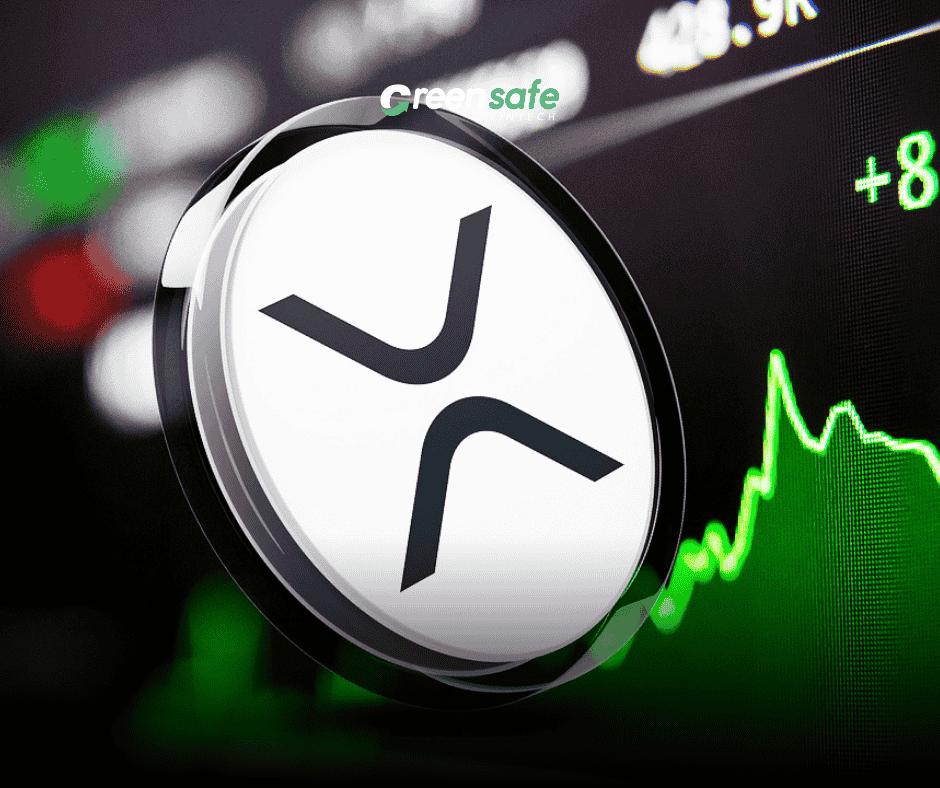As you navigate the complex world of cryptocurrency, speed is often of the essence. Whether you’re a seasoned trader or a curious newcomer, the ability to transfer digital assets quickly can make all the difference. But with a plethora of blockchain networks available, how do you determine which one offers the fastest crypto transfers? In this article, we’ll explore the top contenders vying for the title of the speediest network, examining factors such as transaction times, scalability, and real-world performance. By the end, you’ll have a clear understanding of which networks can best meet your need for rapid cryptocurrency transfers in today’s fast-paced digital economy.
Efficiency and User Experience
In the fast-paced world of cryptocurrency, the speed of your crypto transfer can make or break a transaction. Fast transaction speeds are crucial for blockchain technology’s widespread adoption and usability, as they enable more efficient transactions and improved user experiences. When you’re dealing with volatile markets, every second counts. A swift crypto exchange can help you capitalize on market opportunities or avoid potential losses due to price fluctuations.
Cost and Security Implications
The speed of a crypto network doesn’t just affect convenience; it also impacts costs and security. Faster transactions often mean lower fees, as less time on the network typically translates to reduced processing costs. Additionally, quicker confirmations can enhance security by reducing the window of vulnerability for potential attacks or double-spending attempts.
Scalability and Future Growth
As cryptocurrencies continue gaining mainstream traction, transfer speed’s importance only grows. Fast networks can process more transactions per second, essential for scalability. For example, while Bitcoin processes about 7 transactions per second, newer networks like Solana can handle up to 65,000. This vast difference in capacity demonstrates why choosing the right network for your crypto transfer is crucial for both current needs and future growth potential.
Comparing Transfer Times Across Networks
When considering a crypto transfer, understanding the speed of different networks is crucial. Each blockchain has its unique characteristics that affect transaction times.
Bitcoin: The Slow but Steady Pioneer
Bitcoin, the original cryptocurrency, processes up to 7 transactions per second (TPS). While this may seem low, it’s a trade-off for security and decentralization. Bitcoin transactions typically take around 10 minutes to confirm, but during peak times, this can extend to 60 minutes or more.
Ethereum: Faster, but Still Room for Improvement
Ethereum, known for its smart contract capabilities, can handle up to 25 TPS. This results in faster crypto transfers, with average transaction times around 5 minutes. However, network congestion can still cause delays.
Next-Generation Networks: Cardano and Solana
For those seeking lightning-fast transfers, newer networks like Cardano and Solana offer promising alternatives. These platforms can process transactions almost immediately, making them attractive options for time-sensitive crypto transfers.
When choosing a network for your crypto exchange, consider the balance between speed, security, and cost. While faster networks may seem appealing, they may come with trade-offs in other areas. Always research thoroughly before making your decision.
The Fastest Networks for Crypto Transfers
When it comes to crypto transfers, speed is of the essence. Several blockchain networks have emerged as frontrunners in the race for the fastest transaction times and highest throughput. Let’s explore some of the top contenders in the world of rapid crypto exchanges.
Algorand: Lightning-Fast Confirmations
Algorand stands out with its impressive confirmation time of less than 4.5 seconds. This blockchain can handle over 6,000 transactions per second (TPS), making it a formidable player in the crypto transfer arena. Algorand’s Pure Proof-of-Stake (PPoS) consensus mechanism enables this remarkable speed while maintaining security and decentralization.
Solana: Breaking Speed Records
Solana takes the crown for raw transaction processing power. With its ability to handle up to 65,000 TPS, it outpaces many traditional payment systems. Solana’s unique Proof-of-History (PoH) consensus mechanism allows for this blazing-fast performance, making it an attractive option for those seeking the quickest crypto exchange experiences.
Hedera: Hashgraph Innovation
The Hedera network processes up to 10,000 TPS, solidifying its position as one of the fastest blockchain platforms available. Utilizing a novel Hashgraph data structure, Hedera achieves high throughput with low latency, typically ranging from 3-5 seconds per transaction. This innovative approach makes Hedera a strong contender in the fast network landscape for crypto transfers.
As the crypto ecosystem evolves, these high-speed networks are paving the way for more efficient and practical applications of blockchain technology in everyday transactions.
Tips for Optimizing Your Crypto Transfers
Choose the Right Network
When initiating a crypto transfer, selecting the appropriate blockchain network is crucial. Networks that prioritize speed and scalability, such as Cardano, can significantly enhance your transaction speed. Consider factors like network congestion, block size, and consensus mechanisms when making your choice.
Optimize Transaction Fees
To ensure faster confirmation times, it’s essential to set appropriate transaction fees. Higher fees typically result in quicker processing by miners. However, be mindful of network conditions and use fee prediction tools to strike a balance between speed and cost-effectiveness.
Leverage Advanced Techniques
Explore emerging technologies to boost your crypto transfer speed. Layer-2 solutions and sidechains are being developed to improve throughput and scalability. Additionally, consider using transaction accelerators or techniques like Replace-By-Fee (RBF) to expedite unconfirmed transactions on congested networks.
Prioritize Security
While optimizing for speed, never compromise on security. Use strong passwords, enable two-factor authentication, and consider hardware wallets for large transfers. Always double-check recipient addresses and be cautious of phishing attempts, especially when using public Wi-Fi networks for your crypto exchange activities.
Stay Informed and Track Transactions
Keep yourself updated on network conditions and use blockchain explorers to monitor your transfers. Understanding potential issues like stuck transactions or synchronization problems can help you troubleshoot effectively and ensure smooth, fast network crypto transfers.
How Exchanges Can Impact Transfer Speeds
The Role of Cryptocurrency Exchanges
Cryptocurrency exchanges play a crucial role in facilitating crypto transfers. These platforms allow users to buy, sell, and trade digital assets, functioning similarly to traditional stock exchanges. However, the type of exchange you choose can significantly impact the speed of your crypto transfer.
Centralized vs. Decentralized Exchanges
Centralized exchanges (CEX) often offer faster transaction speeds and higher liquidity, making them a popular choice for quick crypto transfers. On the other hand, decentralized exchanges (DEX) prioritize user custody and privacy but may have slower processing times due to their reliance on blockchain networks.
Factors Affecting Transfer Speed on Exchanges
Several factors can influence the speed of your crypto transfer when using an exchange:
- Network congestion: During peak times, transfers may slow down significantly.
- Transaction fees: Higher fees can incentivize faster processing.
- Exchange policies: Some platforms may have internal processing times that affect transfer speeds.
According to recent data, transaction times for cryptocurrencies can vary widely, from near-instantaneous to several hours. This variability underscores the importance of choosing the right exchange and network for your crypto transfer needs.
Conclusion
As you navigate the world of cryptocurrency transfers, remember that speed is just one factor to consider. While networks like Solana and Nano offer lightning-fast transactions, it’s crucial to weigh other aspects such as security, adoption, and fees. Your specific needs and priorities will ultimately determine the best network for your transfers. Stay informed about new developments in blockchain technology, as the landscape is constantly evolving. By understanding the strengths and limitations of each network, you’ll be better equipped to make informed decisions and optimize your crypto transfers. Embrace the potential of these innovative systems, but always approach them with a discerning eye and a commitment to due diligence.











